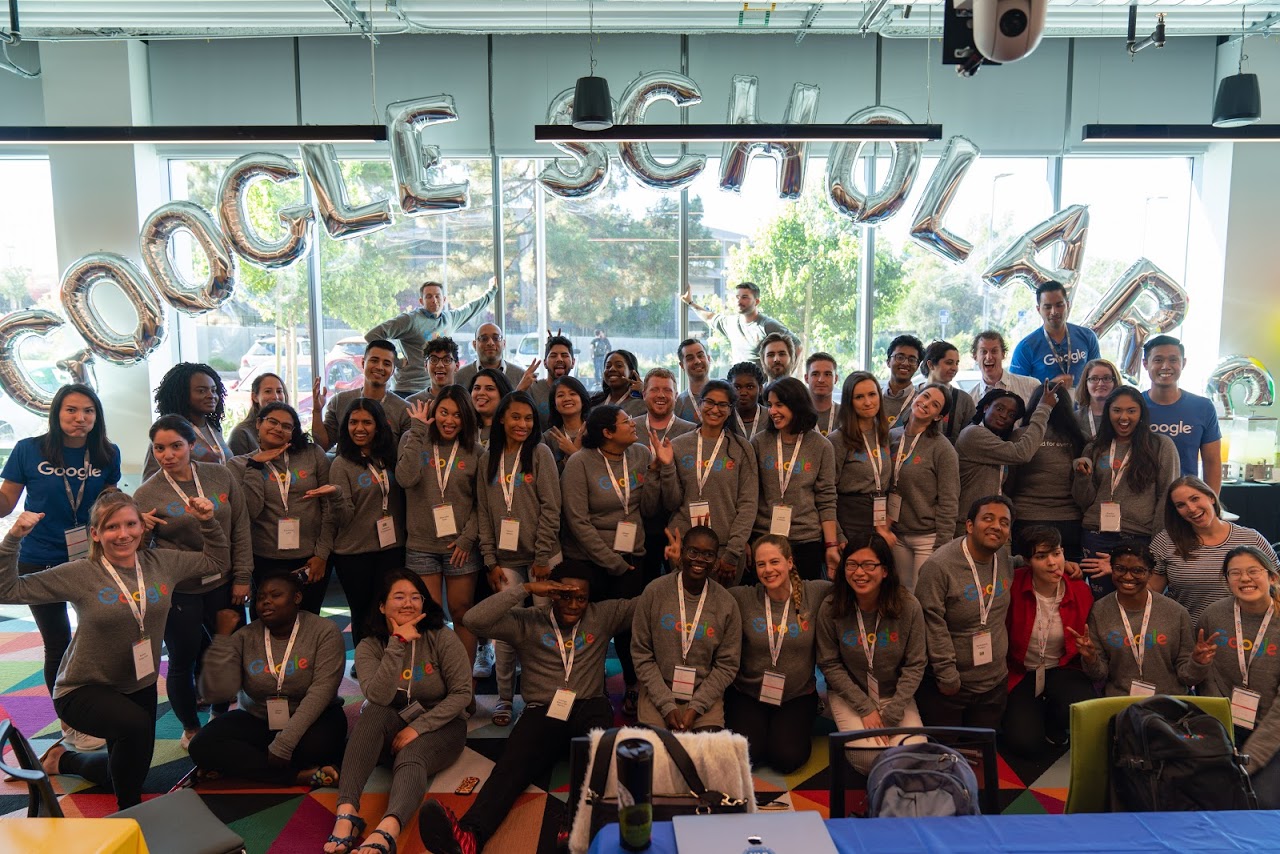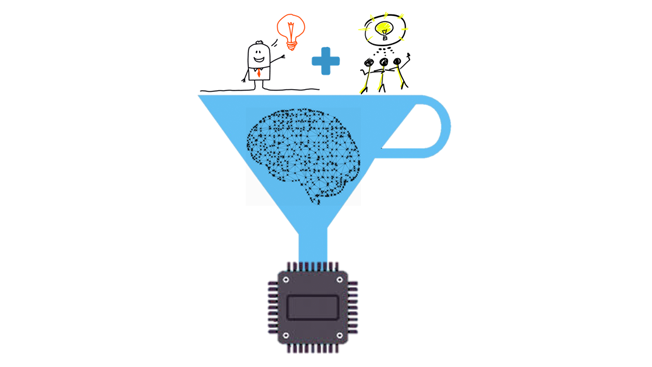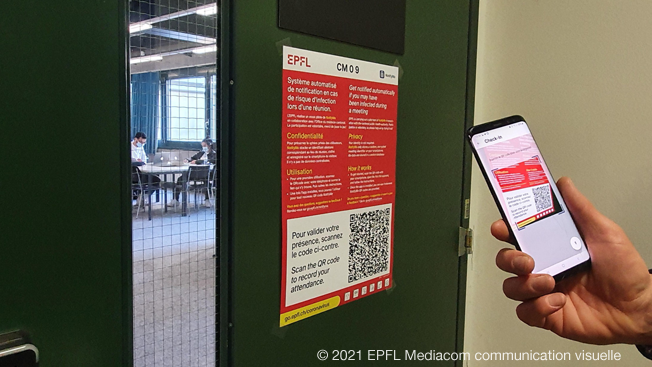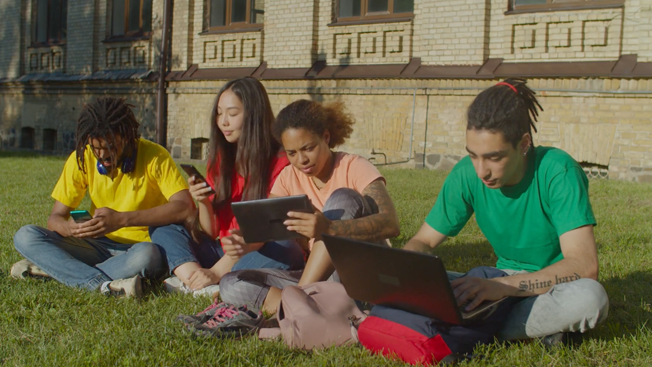Researchers at Ecocloud, the EPFL Center for Sustainable Cloud Computing, have pioneered an innovative approach to implementing virtual memory in data centers, which will greatly increase server efficiency. Virtual Memory has always been a pillar for memory isolation, protection and security in digital platforms. The use of virtual memory is […]
Read MoreNews
Google Scholarship for EcoCloud researcher Simla Burcu Harma
Simla Burcu Harma, a researcher on the ColTrain project, has received the Generation Google Scholarship for Women in Computer Science. @SimlaBurcu
Read MoreColTraIn Releases Open-source HBFP Training Emulator
DNN training and inference have similar basic operators but with fundamentally different requirements. The former is throughput bound and relies on high precision floating-point arithmetic for convergence while the latter is latency-bound and tolerant to low-precision arithmetic. Both workloads require high computational capabilities and can benefit from hardware accelerators. The disparity in resource requirements forces datacenter operators to choose between custom accelerators for training and inference or training accelerators for inference.
Read MoreNew Transistor Design Reduces Energy Dissipation in High-power Applications
In their paper, the researchers introduce a nanowire-based device to create high-electron-mobility tri-gate transistors for power-conversion applications. Based on nanoscale structures, the novel transistor design significantly reduces heat loss during the energy conversion process.
Read MoreCan Influencers Sway Public Opinion?
Contrary to expectations, the experiment revealed that the respondents held on to their views firmly, regardless of the celebrity inputs or their esteem in the eyes of the respondents. It was also clear that respondents liked to hear an opinion identical to their own even if it came from a disliked celebrity. Conversely, a dissenting opinion by a celebrity or expert reduced the respondent’s empathy for that person.
Read MoreEPFL’s PowerSGD Algorithm Features in Software Industry
Two EPFL students have developed PowerSGD, an algorithm that allows compression of the needed bandwidth without compromising the accuracy of the training.
Read MoreNew Protocol to Help Prevent Transmission of SARS-CoV-2 Strains
CrowdNotifier, a new protocol developed in part at EPFL. It alerts people who attended an event where there was a risk of COVID-19 infection.
Read MoreNew Research Presents First Online FL System
Researchers from EPFL and INRIA have developed the first online FL system called FLeet, which makes it possible to carry out machine learning on mobile devices in real-time without any impact on learning tasks.
Read MoreParental Control or Parent Trap?
The study, which has won the “Prize for the research and Personal Data Protection Emilio Aced” given by the Spanish data protection agency (AEPD), raises a potent question: Does the use of parental control apps justify the dangers arising from the collection and processing of private data?
Read MorePhotonic Chips: Breakthrough in Data Processing
An international group of scientists has collaborated to present a photonic hardware accelerator that is capable of operating at speeds of “trillions of multiply-accumulate operations per second,” far beyond the capabilities of existing computer processors.
Read More








